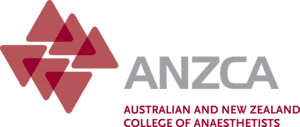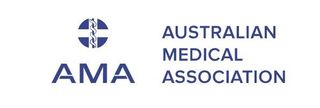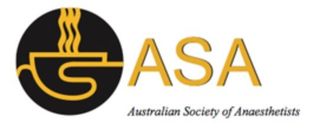Preparing For Your Operation
When you arrive you will be met by your nurse who will take care of you during your stay. Your details, temperature, pulse, blood pressure and weight will be checked. You will meet your surgeon and anaesthetist, and will be asked to sign a consent form if you have not already done so.
Depending on the operating schedule and the needs of other patients there may be a significant wait in the hospital before your surgery. Please bring material to keep yourself occupied during this unavoidable waiting time.
You will be visited by Dr Leggett in the hospital before your operation and asked about your health and medical history. It is important to tell Dr Leggett about any health problems particularly any current or recent illness, heart or vascular disease, diabetes, asthma or lung disease or acid reflux. If you have any allergies or if you or your blood relatives have had any serious reactions to anaesthetic you must tell Dr Leggett at this time.
The exact time of your operation can not always be given, however your nurse will provide up-to-date relevant information as necessary. Your nurse will escort you to the operating theatre where you will have your operation.
On arrival in the operating suite, a drip will be inserted and various monitoring devices such as cardiograph, blood pressure cuff and oximeter (a probe put on your finger to measure the oxygen in the blood) will be attached to you in order to monitor the way your body will react to the anaesthesia and surgery. You will then have either "General Anaesthesia", "Regional Anaesthesia", or a combination of these.
In General Anaesthesia the anaesthetist will inject a drug into a vein either through a needle or a small canula which may have an intravenous infusion attached. This will make you unconscious quickly. In some cases a face mask may be used to allow the breathing of oxygen or oxygen and an anaesthetic gas. Once you are unconscious other drugs are administered to keep you anaesthetised. The doses of these drugs will be continuously adjusted to maintain an appropriate level of anaesthesia. A breathing tube may be inserted into your mouth to the back of your tongue, or through your mouth into your windpipe after you are asleep. This is usually removed as you are waking up.
In Regional Anaesthesia, a local anaesthetic is injected near a group of nerves to make an area of your body numb. You may remain awake or receive sedatives to make you drowsy. Some sensations such as pressure may be felt but there will usually be no painful sensation. If unpleasant sensation is felt your anaesthetist may take additional steps to make you more comfortable. The area being operated on will be screened off so you cannot see what is happening. This form of anaesthesia includes epidurals (which are used for the relief of pain in labour and for Caesarean section and major orthopaedic procedures), spinals (which are used for prostate surgery), and injections to numb the eye during cataract surgery.
This form of anaesthesia includes epidurals, spinal, nerve blocks and injections to numb the eye during cataract surgery. Epidurals can be used for the relief of pain in labour and for anaesthesia in Caesarean section. Epidurals may also be used in combination with general anaesthetic to provide intra- and also post- operative pain relief in various operations including major orthopaedic and abdominal procedures). Spinal anaesthetic is used in a range of operations including Caesarian section and prostate operations or in combination with general anaesthetic in a similar way to epidurals. Nerve blocks may be used alone or in combination with general anaesthesia predominantly in surgery of the upper or lower limb.
When the operation has been completed, your anaesthetist will reverse the anaesthetic effects to wake you up and then transfer you to the recovery room. Trained and experienced nursing staff, under the supervision of the anaesthetist, will continue to monitor your vital functions until you are fully awake. To assist this process you will be given oxygen to breathe via a plastic mask. If you have pain or nausea from your operation, you will receive medication to help control it. You may be asked to remain in the Unit for up to 4 hours after your operation to ensure that you are fully recovered from your anaesthetic. A nurse will provide any advice on post-operative care. Pain relieving tablets may be prescribed by your anaesthetist or surgeon.
When you are fully awake and comfortable you will be taken back to your own room. Many operations can now be performed on a "day only" basis where you can go home the same day if you are fit to do so. New short acting anaesthetic drugs and improved surgical techniques make this possible. If you go home on the day of your procedure you must be accompanied by a responsible adult and must have a responsible adult in the home with you overnight. You must not drive a car, make important decisions, use dangerous equipment or sign any legal documents for 24 hours.
24 Hours After Your Operation
- Do not drive a car or ride a bicycle.
- Do not operate machinery or do anything requiring skill or judgement.
- Do not make any important decisions or sign any documents because your concentration will be reduced.
- Do not drink alcohol.
- Do not take sleeping tablets.
- Observe any other special precautions which the surgeon, anaesthetist, or nurse may advise.


